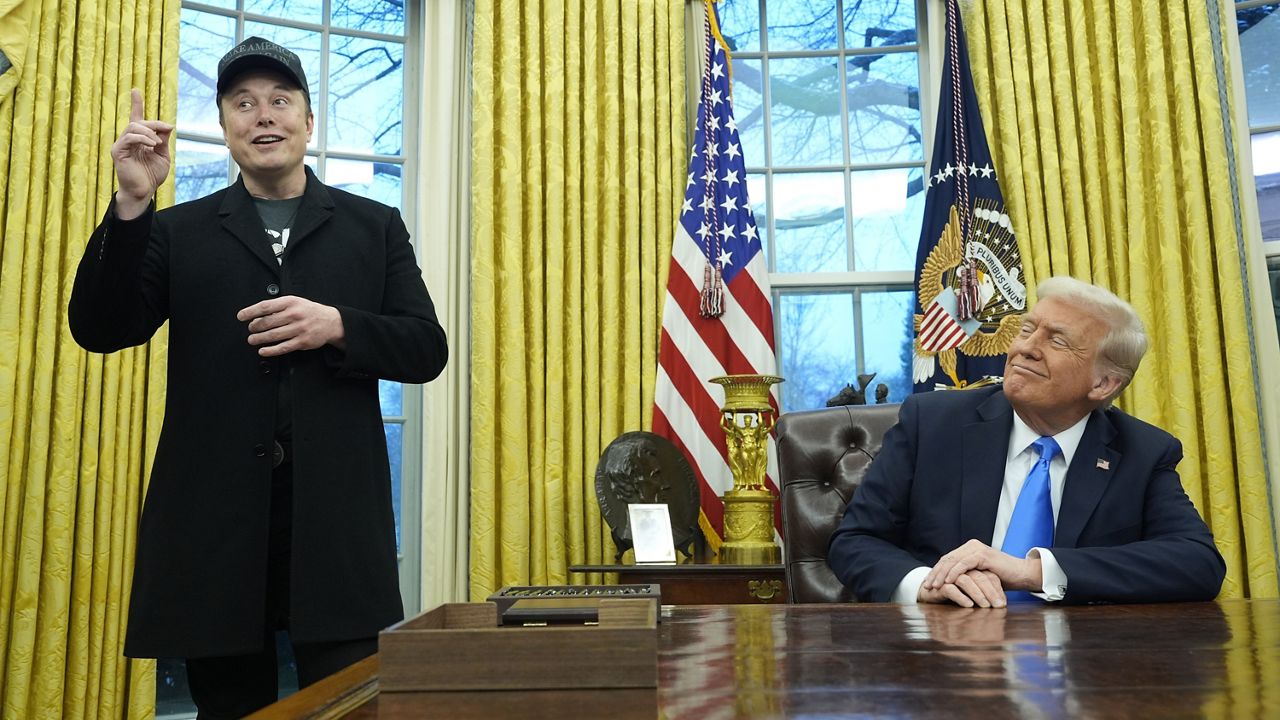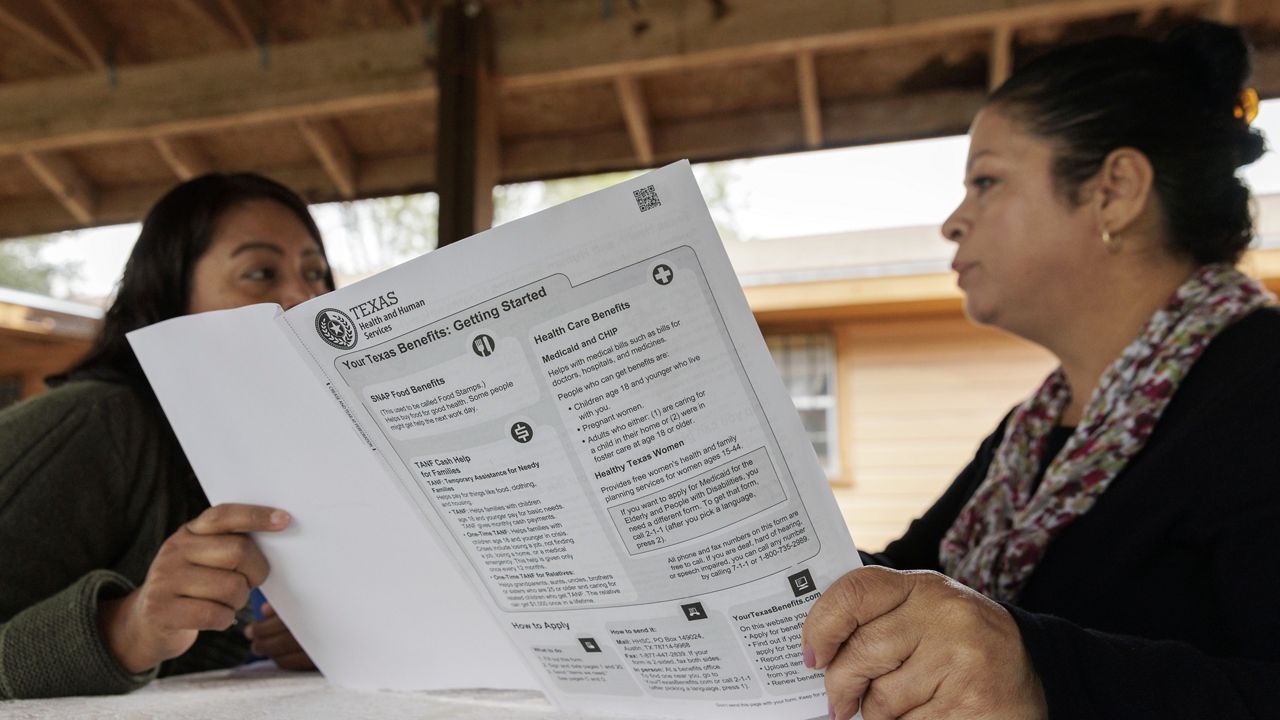AUSTIN, Texas — Austin-area Democrat Rep. James Talarico fired off questions to Texas Education Agency Commissioner Mike Morath at Monday’s public education hearing about proposed elementary school curriculum.
Under a new state law, the Texas State Board of Education is reviewing multiple curriculums and will approve a list of options that school districts can implement.
The Texas Education Agency bought and changed curriculum from a national publisher and submitted its own version called the Open Education Resource Textbook, that includes religious learning points.
“Is it true that the original curriculum included lessons on the major world religions — like Buddhism, Hinduism, Judaism and Islam — in addition to Christianity?” questioned Talarico.
“I think so. But honestly, I didn’t read the entire set,” Morath said.
The revised curriculum focuses largely on Christianity.
“I don’t think we should ever be ashamed of mentioning the name of Jesus in our curriculum,” said state Rep. Matt Schaefer, R-Tyler.
Many Republican supporters of the curriculum say Christianity is a necessary context for historical lessons.
“The world’s major religions did not have an equal impact on the founding belief systems of our country,” said Schafer.
Critics say the materials open the door for deeper religious questions that teachers are not prepared to answer and come close to crossing the line between teaching and preaching.
“The teachers I’ve talked to across the state have major hesitations,” said Talarico.
Violations to of the U.S. Establishment Clause occur if students are required to pledge allegiance to a specific religion. Constitutional experts warn that a legal argument over violations of the clause would be difficult to prove.
“You really have to show government endorsement of a particular religion or coercion on the part of the students,” said Seth Chandler, University of Houston professor of constitutional law.
The state is confident teachers wouldn’t violate the Establishment Clause, and part of that new state law also gives teachers protection if they’re accused of violating it.
“Texas may be able to provide teachers with some protection or some indemnification, but it can’t ultimately trump the Establishment Clause,” said Chandler.
The education board will approve a list of curriculums in November.










